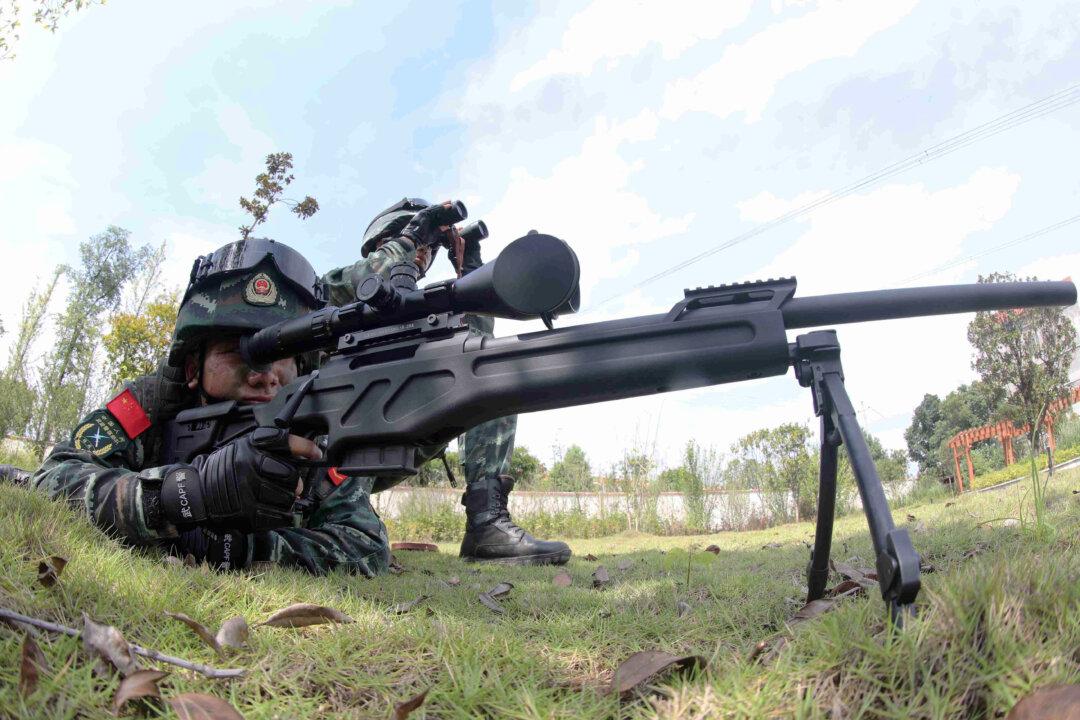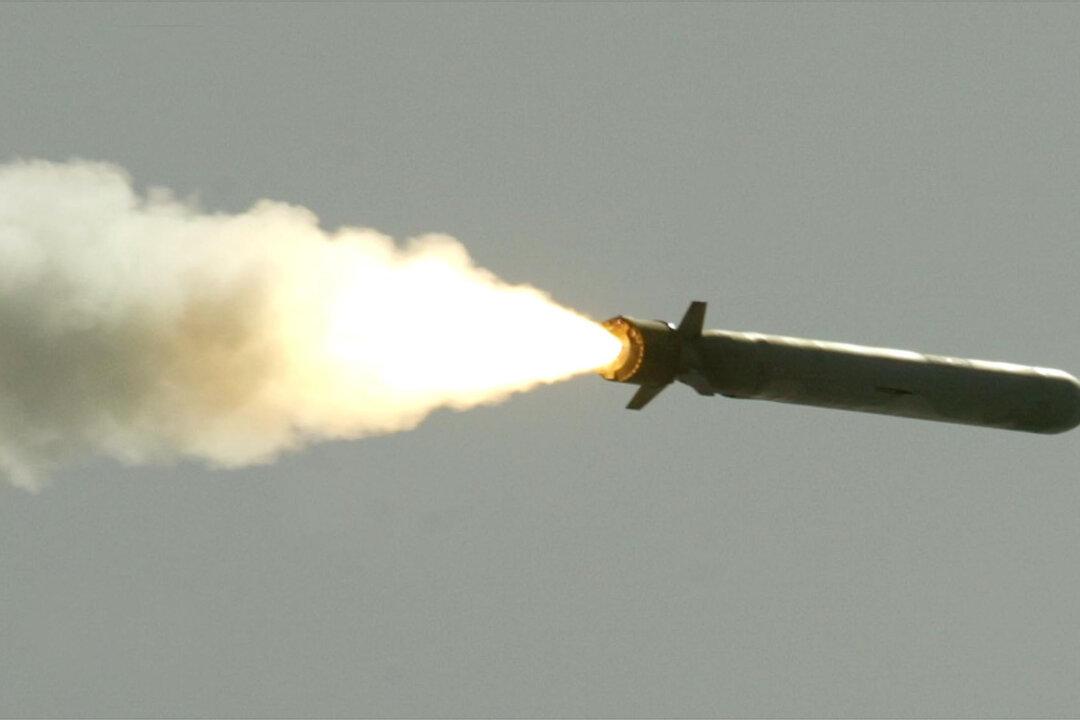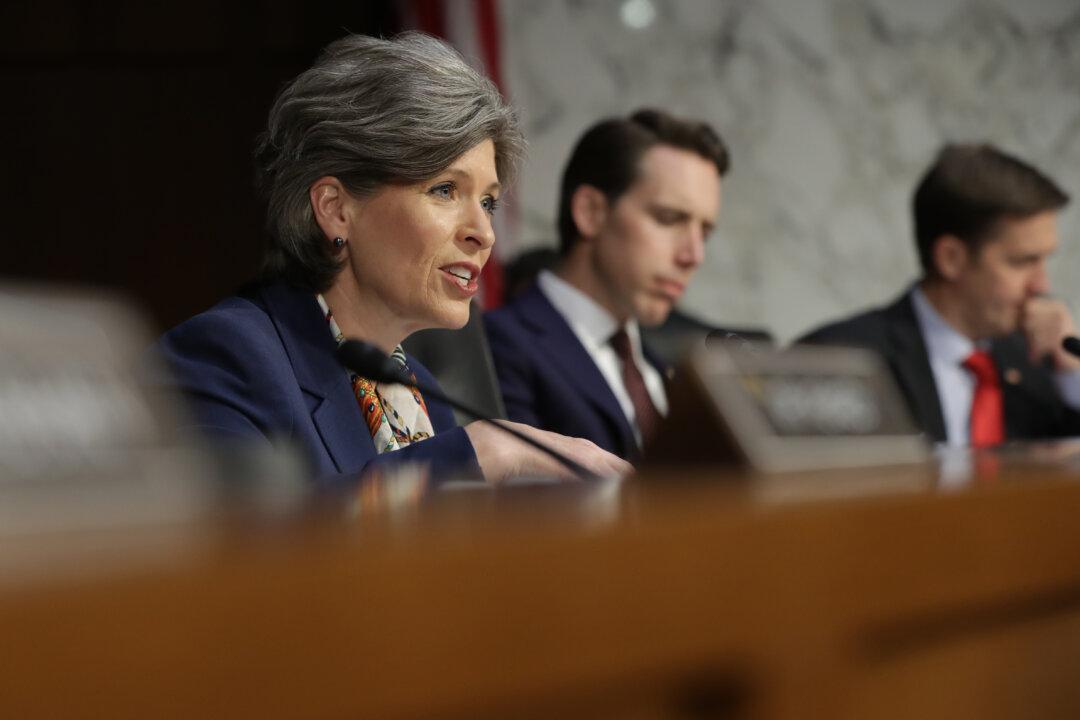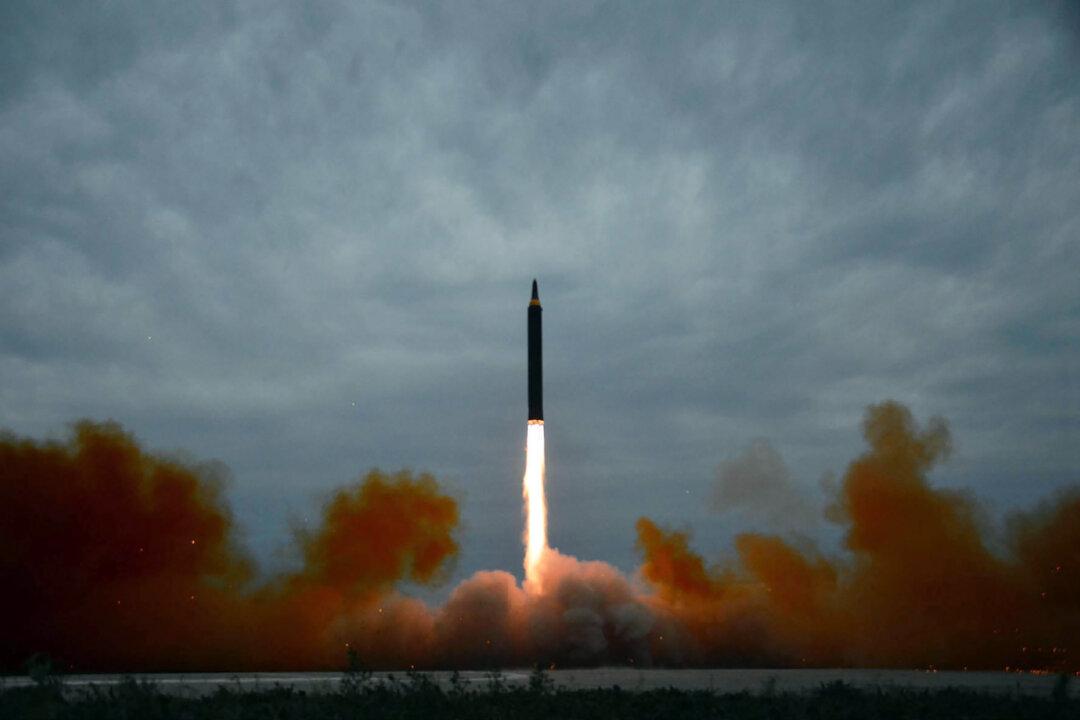WASHINGTON—The United States must strengthen its military presence in Asia and encourage allies to join it in confronting China economically and militarily as it grows as a competitor and threat to its neighbors and U.S. security interests. This was the message from U.S. senators and China experts appearing before the Senate Foreign Relations Committee on March 13.
Committee chairman Jim Risch (R-Idaho) opened the hearing by declaring “China is seeking to be the preeminent power in Asia, but its ambitions are broader. It is building naval bases in Africa, stealing the intellectual property of Western companies, subsidizing its companies overseas to gain economic and political leverage, and threatening military conflict with its neighbors.” He did not see military conflict between China and the United States as inevitable, but stated that “the relationship must be rebalanced.”




